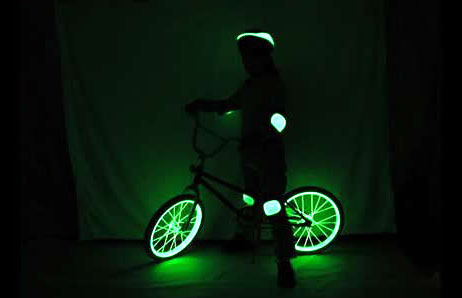Wind up lights
BBC: Lights from Freeplay Foundation
I know the idea is to help the poor, but do you think these things will become a 'must have' for PO back-up supplies? I don't have any electricity generation in my place and the costs of a good pv system is a little above my budget at this time.
An alternative would be to have a small solar charger for batteries, and use these in LED torches etc.
Anybody got suggestions/thoughts on these alternatives?
I know the idea is to help the poor, but do you think these things will become a 'must have' for PO back-up supplies? I don't have any electricity generation in my place and the costs of a good pv system is a little above my budget at this time.
An alternative would be to have a small solar charger for batteries, and use these in LED torches etc.
Anybody got suggestions/thoughts on these alternatives?


 [/align]
[/align]
